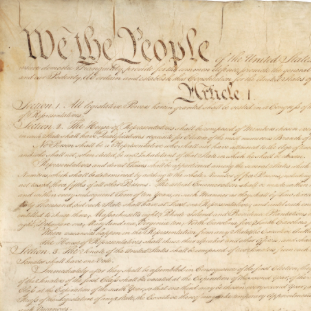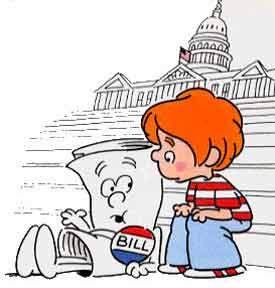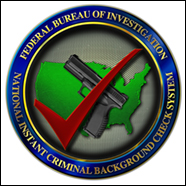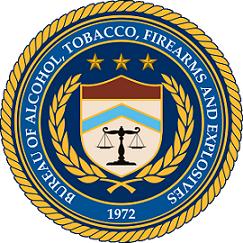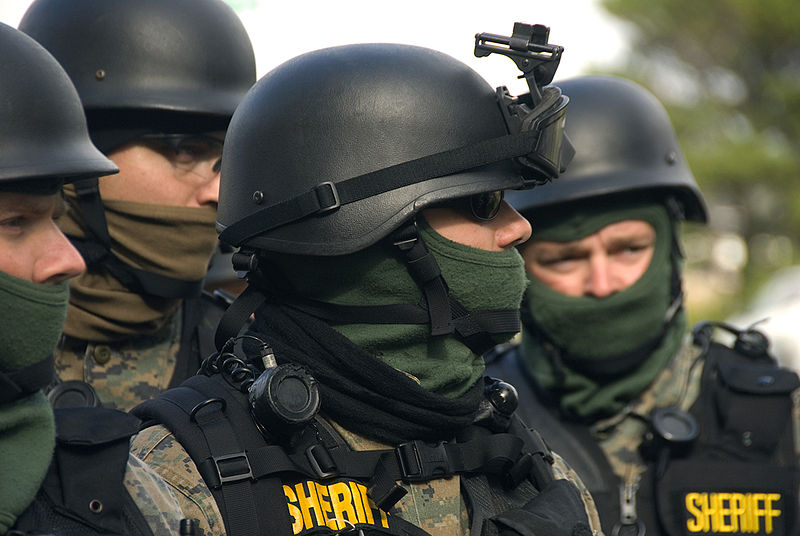It’s become obvious in the past few years that the federal appellate judiciary is generally hostile to expanding firearms rights, and that SCOTUS is unwilling to push the matter. It’s been a question in my mind as to why that might be, and I am examining some of my preconceptions about which Justices voted to grant cert. and why.
I’ve assumed, as did most people, that the majorities in both cases included the justices who granted cert. But, what if that’s not the case? In particular, what if Justice Roberts did not vote to grant cert, and what if instead one or more of the dissenters voted to grant cert. in Heller to take the opportunity to stop, once and for all, the individual rights interpretation, and then in McDonald to prevent the application of Heller to the states?
I infer from the most recent two decisions (King v. Burwell and Obergefell v. Hodges), as well as previous statements and decisions, that Justice Roberts really does not want to change the status quo when he thinks that the legislature should act instead. So, he votes against cert. so the courts don’t have to get involved in what he sees as a political decision, but when the question comes up anyway, he votes pro-rights in a fit of constitutional conscience. Meanwhile, the anti-gun justices went 0 for 2 in convincing their fellows of the rightness of their position, so they’re no longer interested in taking the third pitch, leaving Justices Thomas, Scalia, and Alito alone to vote to grant cert.
This isn’t my only theory of Justice Roberts and the missing cert. vote, it could be that he saw Heller as necessary and McDonald as sufficient to put the question back to the states (or that as of late the states are making strides on their own and SCOTUS should not intervene).
At any rate, we need to stop relying on the courts and continue to move in the legislatures. At the state level, this is already happening. We’ve suffered some reverses (WA and OR), mostly due to Bloomberg, but there’s a limit to how effective money can be. The important thing is, not to go too far, too fast. The NRA is throwing its political weight behind national reciprocity, which has come tantalizingly close to passing in previous congresses that were less obviously pro-rights. Will it be enough to override a veto? Maybe not, but it sets a marker. If a lawmaker votes Yea on this and this president vetos it, that lawmaker has to explain why he changed his mind in a subsequent vote. Once national reciprocity happens, then we can start working on the real prize; forcing shall-issue and “self-defense is good cause.”. FOPA proves that the federal government can force shall-issue, after all, they forced it for retired LEOs. They ought to be similarly able to force states to match NCIS’s timelines for completing background checks and force the states to consider self-defense as a “good cause” or “in the interests of public safety.” All of that theoretically leaves the management of purchase and carry at the state level, while requiring them to treat the RKBA as an actual right. Congress has the enforcement clause of the 14th amendment to justify this, too, no need to muck around with Commerce Clause.
This won’t happen soon, and it won’t happen with a hostile administration in the White House. So, just remember, elections have consequences (as our Chief Justice just reminded us).
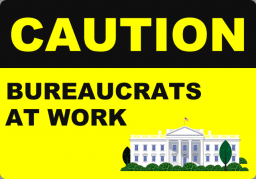 Josh Prince has the story. This starts the clock ticking, causing the regulation to take effect on July 13, 2016. He has created a website called Fight ATF 41P. At this point, it appears that Prince’s initial analysis is still valid, and we didn’t have any surprises sprung on us between the rule published by ATF and in the Federal Register. There was a lot of discussion on this topic when it originally came up the other week, and many were disappointed that Form 1s and Form 4s could no longer be e-filed for trusts and corporations.
Josh Prince has the story. This starts the clock ticking, causing the regulation to take effect on July 13, 2016. He has created a website called Fight ATF 41P. At this point, it appears that Prince’s initial analysis is still valid, and we didn’t have any surprises sprung on us between the rule published by ATF and in the Federal Register. There was a lot of discussion on this topic when it originally came up the other week, and many were disappointed that Form 1s and Form 4s could no longer be e-filed for trusts and corporations.
